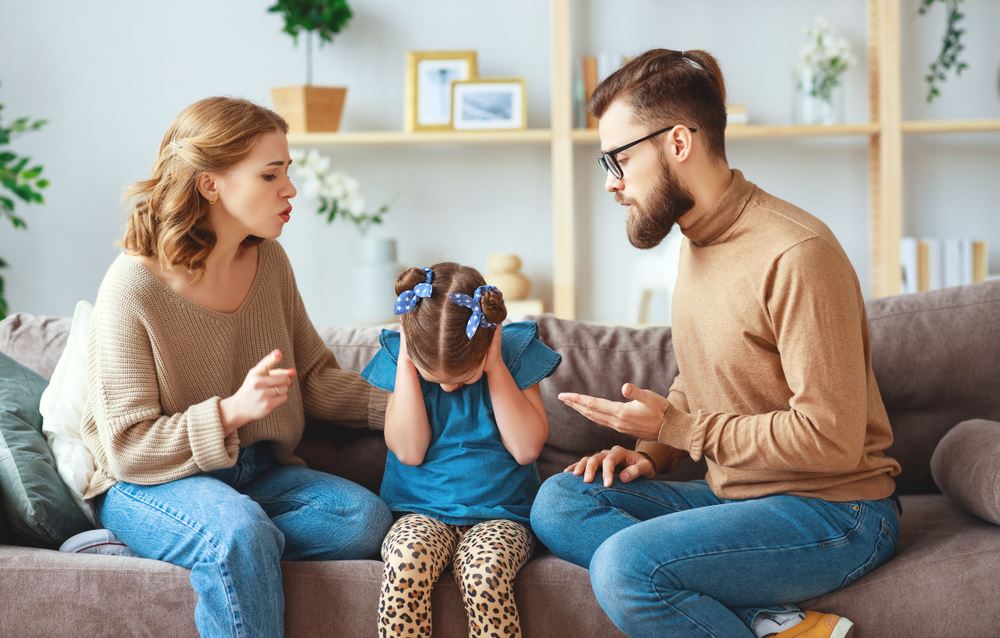In a word, the children do. Parental Alienation is identified by the child’s behavior, not the behavior of the parent. A parent can make derogatory statements about the other parent all day long, but if the statements do not impact the behavior or attitude of the child parental alienation does not exist. On the other hand, parental alienation can occur on accident – at times when the parent unintentionally says and does things that cause the child to irrationally hate the other parent. Though extremely rare, parental alienation can even occur completely within the child with no outside influence – such as when a child irrationally blames and hates a parent for a divorce. Just as every cold is not pneumonia, every case of parental alienation is not subject to the same need for strident intervention.
Richard Gardner is the doctorate psychologist who first coined the phrase, “parental alienation.” Gardner is a controversial figure in psychological circles, but even he acknowledged that just as with any other illness, a child can have mild, moderate or severe parental alienation and that the degree of alienation suggests different treatment protocols.
In a mild case, parental alienation might be relieved with a simple court order to spend more time with the alienated parent, coupled with traditional family therapy. On the other hand, severe parental alienation, “undermines each of those developmental pathways so that when a child is alienated, and that alienation is supported by the other parent, the parent who is supporting the alienation, whether this is their intent or not, is effectively supporting the child in cruel, unemphatic behavior towards another human being. They are supporting the child in attitudes and behaviors towards interpersonal conflict that emphasize rejection, separation and polarization rather than resolution.” McClain v. McClain, 539 S.W.3d 170 (Tenn. Ct. App. 2017)
For severe cases, extensive and specialized treatment will be required.
According to Knoxville Reunification Therapist Cliff Miller, treatment works best when both parents are involved.
“The ideal reunification process includes both parents being able to accept the other parent and encourage the child to have a positive relationship with each of their parents,” Miller says. “Therapy includes working with both parents and the child or children to have positive relationships by focusing on repairing past and present issues. This may look different depending on the family, but the end goal is a child/ren who has a healthy, happy relationship with two parents.”
In addition, Miller says Courts have found that, “Often, in dealing with the professed basis for the alienation, the child is being supported in oversimplified, polarized, black-and-white thinking, which undermines critical-thinking skills and so forth, so that ultimately parental alienation is a risk to normal personality development because of those kinds of effect,” Miller says. “To the extent that we have research on long-term outcomes of people who report having experienced parental alienation, there is certainly a basis for concern that these kinds of adverse effects can persist long-term and can have adverse effects on adult capacity for intimate relationships and on adult capacity for emotional self-regulation.”
In short, an alienated child will likely suffer much more than the deprivation of their relationship with an alienated parent. The child will likely carry into adulthood psychopathological behaviors that will interfere with all of their significant relationships – behaviors including an inability to empathize with their partner or children, an inability to regulate emotions and an inability to appropriately resolve inevitable interpersonal conflict. To put it bluntly, alienated children are highly likely to become sad, lonely adults. When a parent intervenes to fight alienation, they are not just fighting to protect their own relationship with the child. They are fighting to protect all of the child’s future significant relationships.
This article was written and produced by Margaret Held.



